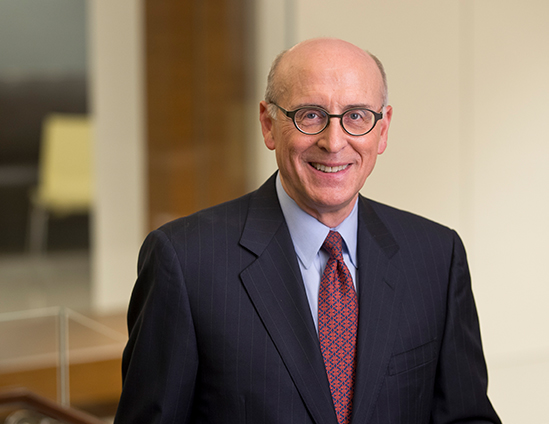By David Barrett, Joshua Libling, and Yotam Barkai
What happens in the jury room is generally a well-kept secret. No one can contest a jury verdict by eliciting evidence about jury deliberations, even if jurors accuse each other of ignoring the judge’s instructions, misunderstanding the law, or improperly inferring guilt from a defendant’s decision not to testify.
These secrets are kept through “no-impeachment rules”—Rule 606(b) of the Federal Rules of Evidence, as well as similar rules in many states—that prohibit jurors from testifying about statements made during jury deliberations or their effect on a juror’s vote in connection with an inquiry into the validity of a verdict. Rule 606(b) is not in place because concerns about jurors are unwarranted; it is in place precisely because juries are imperfect. But when do those imperfections rise to a level that warrants intervention? In other words, when does the law require jury secrecy to yield to other concerns? More
Published in Litigation, Volume 45, Number 4, Summer 2019. © 2019 by the American Bar Association. Reproduced with permission. All rights reserved. This information or any portion thereof may not be copied or disseminated in any form or by any means or stored in an electronic database or retrieval system without the express written consent of the American Bar Association.
